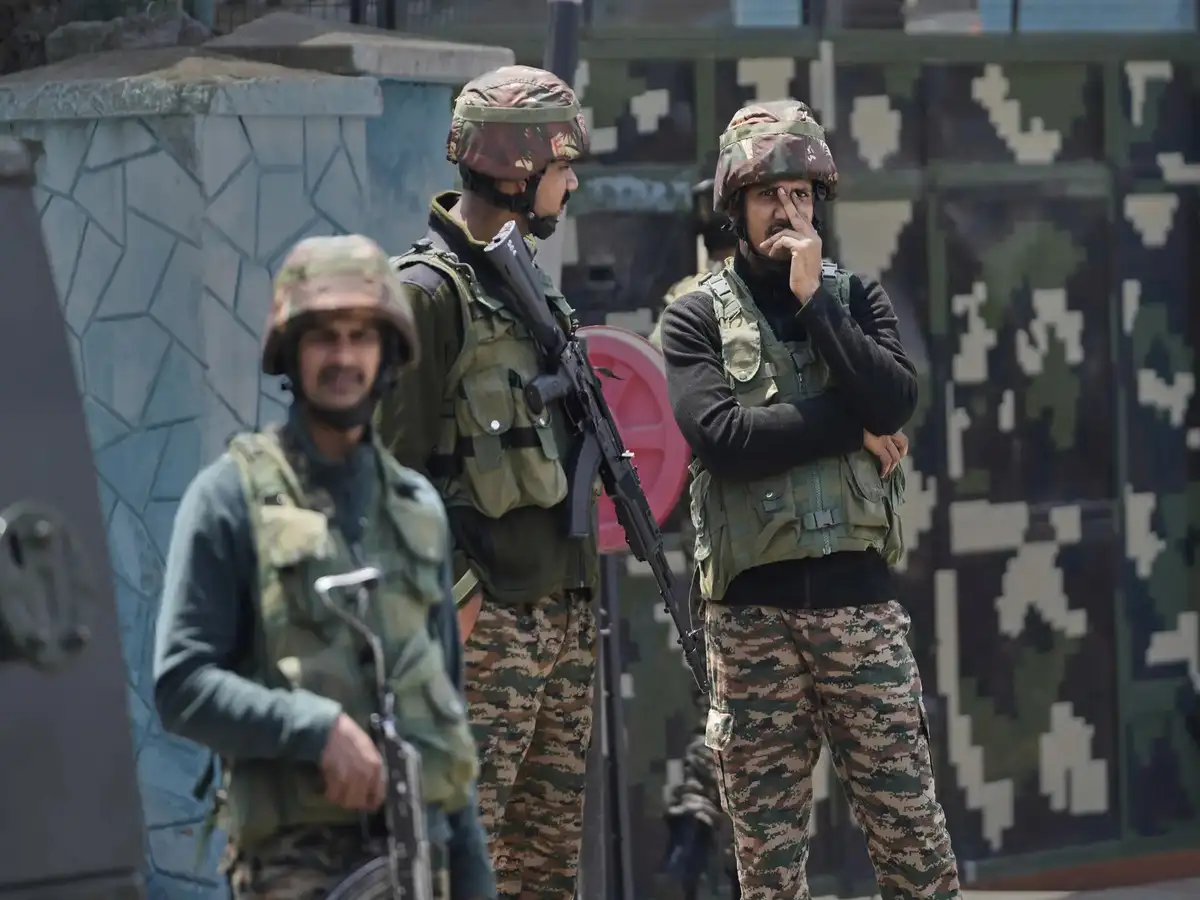India-Pakistan Ceasefire: Implications of India’s Punitive Measures

Prime Minister Narendra Modi recently delivered a powerful address to the nation, emphasizing India’s firm stance against Pakistan in the wake of a ceasefire. He stated, “Terror and talks cannot go together,” signaling that India’s economic measures against Pakistan will persist. Following a terror attack in Pahalgam, India has implemented a series of economic and strategic actions aimed at further destabilizing Pakistan’s already fragile economy. These measures include the suspension of the Indus Waters Treaty and a complete ban on trade, both direct and indirect, with Pakistan.
Suspension of the Indus Waters Treaty
The Indus Waters Treaty (IWT), established in 1960, has long governed water-sharing between India and Pakistan. This treaty is crucial for Pakistan, as it regulates the distribution of water from the Indus River system, which is vital for the country’s agriculture and water supply. With the treaty now suspended, the implications for Pakistan are severe. The Indian government highlights that Pakistan relies on the Indus system for approximately 80% of its agricultural land and 93% of its total water usage. This disruption threatens to cause catastrophic agricultural losses, food shortages, and water rationing in major cities.
Pakistan’s agricultural sector, which supports 237 million people and contributes significantly to its GDP, is at risk. The country currently has limited water storage capacity, which exacerbates the potential for crises. India plans to enhance its hydroelectric generation capacity in Jammu and Kashmir, further utilizing water resources from the western rivers. This long-term strategy could significantly impact Pakistan’s economy, leading to increased fiscal instability and a foreign exchange crisis.
Trade Ban and Its Economic Impact
India’s Directorate General of Foreign Trade (DGFT) has enforced a comprehensive ban on all imports from Pakistan, effective immediately. This ban includes both direct and indirect imports, which poses a significant threat to Pakistan’s economy. While direct trade between the two nations has been limited, the volume of goods traded through third countries is substantial. Reports indicate that goods worth around $500 million, including essential items like dry fruits and chemicals, have been rerouted through other nations due to this ban.
The Indian government aims to prevent any circumvention of this trade ban, which could further cripple Pakistan’s export capabilities. The cessation of indirect imports will likely have a ripple effect on various sectors within Pakistan, leading to economic strain and potential job losses. The ban is part of India’s broader strategy to exert economic pressure on Pakistan, reinforcing the message that economic ties cannot coexist with acts of terrorism.
Restrictions on Shipping and Parcel Services
In addition to trade restrictions, India has halted all mail and parcel exchanges with Pakistan, affecting both aerial and surface routes. This ban is part of a broader set of measures aimed at ensuring the safety of Indian assets and infrastructure. The Indian government has also prohibited Pakistani-flagged vessels from entering Indian ports, while Indian ships are barred from docking in Pakistani harbors.
These shipping restrictions are designed to protect Indian interests and prevent any potential threats from Pakistani vessels. The ongoing ban on shipping services further isolates Pakistan economically, limiting its ability to engage in international trade. As tensions between the two nations escalate, these measures are likely to remain in place, contributing to the ongoing economic challenges faced by Pakistan.
Observer Voice is the one stop site for National, International news, Sports, Editor’s Choice, Art/culture contents, Quotes and much more. We also cover historical contents. Historical contents includes World History, Indian History, and what happened today. The website also covers Entertainment across the India and World.

